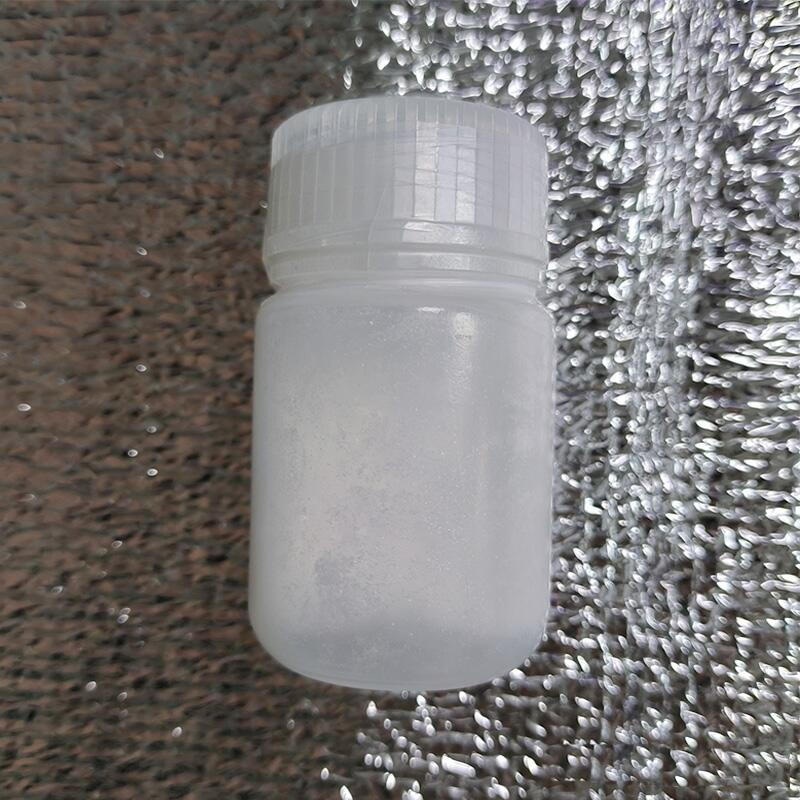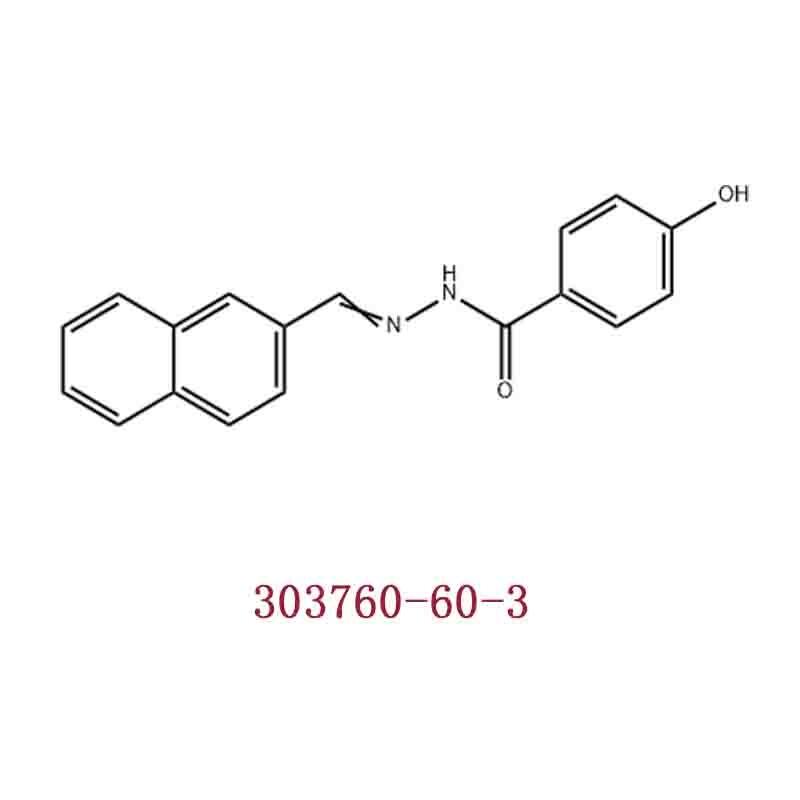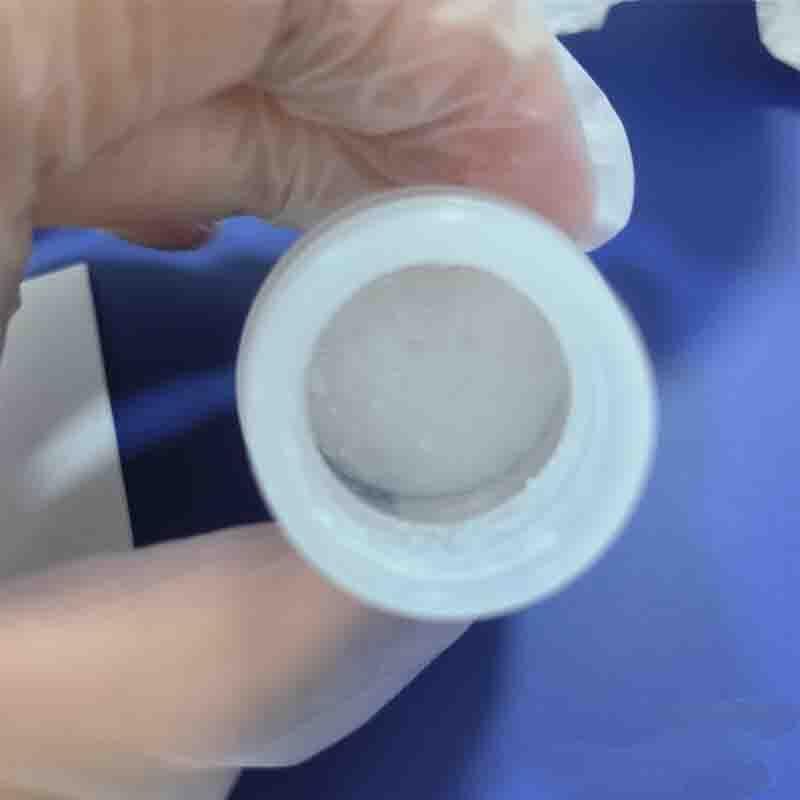-
Categories
-
Pharmaceutical Intermediates
-
Active Pharmaceutical Ingredients
-
Food Additives
- Industrial Coatings
- Agrochemicals
- Dyes and Pigments
- Surfactant
- Flavors and Fragrances
- Chemical Reagents
- Catalyst and Auxiliary
- Natural Products
- Inorganic Chemistry
-
Organic Chemistry
-
Biochemical Engineering
- Analytical Chemistry
-
Cosmetic Ingredient
- Water Treatment Chemical
-
Pharmaceutical Intermediates
Promotion
ECHEMI Mall
Wholesale
Weekly Price
Exhibition
News
-
Trade Service
Existing studies have shown that hypoxia occurs in almost all solid tumors, and can lead to tumor invasion and metastasis, impaired immune response, and changes in tumor metabolism
Immune blood vessel
From the molecular level, hypoxia can lead to the stabilization of hypoxia-inducible factor (HIF), which is a key transcription factor that induces the expression of genes that respond to hypoxia
The presence of
So far, the treatment of tumor hypoxia has not been successful
In preclinical models, ITPP can enhance the efficacy of subsequent chemotherapy by promoting the normalization of blood vessels
Colorectal cancer
The main goal of the study is to evaluate the safety and tolerability of the drug, and to determine the maximum tolerated dose.
Radiological response after ITPP and chemotherapy
ITPP and radiological response after chemotherapy ITPP and radiological response after chemotherapyThe results showed that the maximum tolerated dose of ITPP is 12390 mg/m2 .
The maximum tolerated dose of ITPP was 12390 mg/m2, 52% of patients had stable disease in morphology under single-agent ITPP treatment, and 60% of patients had stable disease
Original source:
Original source:Marcel A.
Marcel A.
Leave a message here







